Enough royal lectures on the climate catastrophe
The royals are not elected and they have no responsibility for the global economy. But you wouldn’t know it if you relied on recent media coverage.
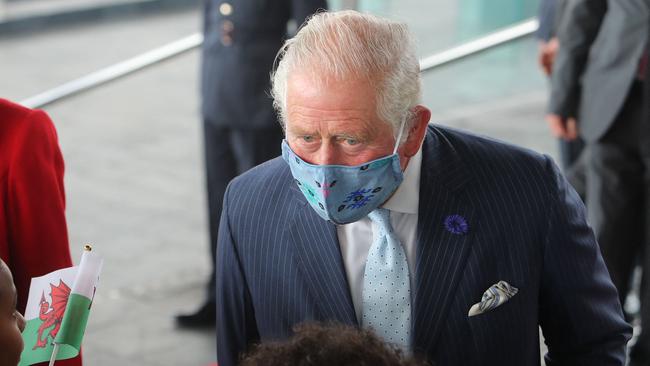
Just who do our royal family think they are? They are Very Important Persons, obviously, with a reasonably steady grip on the affections of the British people. But they are not elected (that is rather the point) and they certainly have no responsibility for the global economy. You would not, however, have realised this if you relied upon recent coverage in the British media.
For example, on Monday The Daily Telegraph ran a prominent story under the headline: “Royal family will urge China to raise its game at Cop26 summit”. It quoted Alok Sharma, whom Boris Johnson appointed “president” of the UN climate change conference in Glasgow next month, saying that China, “the biggest [CO2] emitter in the world”, was “key to any agreement”; the piece went on to say how “the two future kings” (Prince Charles and Prince William) would “address the conference and hold talks with key world leaders”.
Well, Xi Jinping, the Chinese leader, has decided he would rather not be lectured by our princes: we have just learnt that he’s not coming. Probably Russia’s President Putin won’t be either, although the Kremlin hasn’t made that clear. This seems to have irritated our actual monarch: the Queen was recorded at a reception on Thursday saying: “[We] still don’t know who’s coming ... No idea ... It’s very irritating when they talk but they don’t do.”
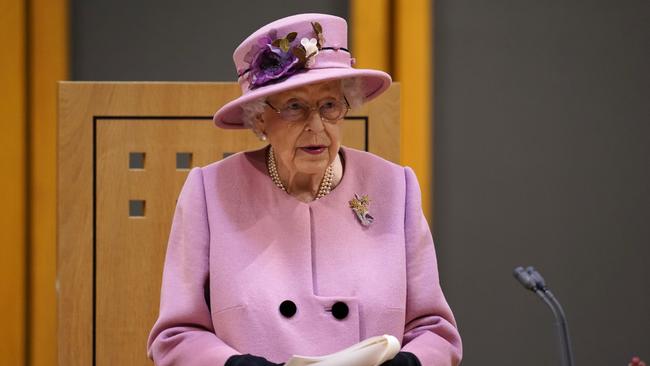
Her Majesty is right that actions matter more than words. And in that sense China has been decisive, although not in the way Sharma wants. The ruling Communist Party has just set out tax incentives for reopening coal plants (that’s in addition to its plans to build new ones with more capacity than the entire US coal-fired power network). “We will make every effort to increase coal production and supply,” explained Zhao Chenxin, secretary-general of China’s top economic planning agency.
Still, we can always lecture - sorry, “influence” - other, more friendly nations, can’t we? It seems not. Our high commissioner to Australia, Vicki Treadell, has, presumably on instructions from No 10, told the Aussies (big coal exporters) that they should be doing much more to cut their emissions; and that, if they didn’t, “that would not be acceptable”. For her pains Treadell has been described as “a sanctimonious bore” by what are described as “Australian government sources”. They went on to accuse the Queen’s representative of “repeatedly overstepping the mark on climate change by giving us lectures on what our sovereign domestic policy should be”.
Speaking of sanctimonious bores on this matter, Prince Charles gave an interview to the BBC on Monday, in which he expressed his sympathy for the aims (if not the methods) of those Insulate Britain demonstrators causing havoc on the M25. The prince said that “because nobody would listen”, young people concerned about climate change “see their future being totally destroyed”. Two days later his elder son engaged in similarly apocalyptic language when discussing Cop26: “I want the things that I’ve enjoyed - the outdoor life, nature, the environment - I want that to be there for my children, and not just my children but everyone else’s children.”
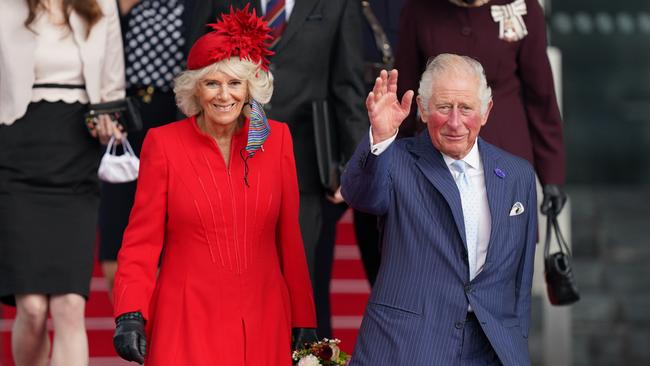
Fact check: while man-made climate change is real, it will not “totally destroy” the future of Prince George’s generation. Outdoor life, nature and the environment - all will still be there. The planet is not in its death throes; nor will it be, even if (as seems likely) the fastest-growing emitters of CO2 do not sign up to whatever it is that Sharma proposes.
To the extent that there will be more floods and “extreme weather events”, the best advice to be had last week came from the head of the Environment Agency, Emma Howard Boyd, who said there had been too much focus on trying to stop climate change and not enough on preparing for its effects, for example with flood defences. That has been the sensible policy for a long time, which helps explain why the total number of deaths from climate-related disasters has declined spectacularly over the past hundred years. In the 1920s such incidents claimed almost half a million lives a year; now the figure is about 20,000 a year (still horrible). Bangladesh’s Cyclone Preparedness Programme is a particularly successful example of such a policy - known as “adaptation” - in saving lives.
This is so much more helpful than Prince Charles’s perpetual doom-mongering (it was in 2008 that he told us that we had “just 18 months to stop climate change”, so we’re already well past the point of no return, on that prognosis). And, if the prince is as influential with young people as he seems to believe, then he might actually be contributing to a crisis in their mental health.
A year ago Bernadka Dubicka, head of the faculty of child and adolescent psychiatry at the Royal College of Psychiatrists, said how much anxiety about the mortal threat of climate change was affecting the mental health of the young: “Eco-anxiety can develop into something unhealthy. If a child already has mental health issues, this may compound some of those.” One former patient said she was traumatised by the worry, when on a plane, that “[her] flight alone might lead to the breakdown of the atmosphere”.
A similarly extreme eco-anxiety convinces an increasing number of young people that the prospects for humanity’s survival are so poor, they could not face bringing any of their own children into the world. In a remarkable piece for the latest issue of The Spectator, a thirty-something novelist called Tom Woodman wrote that he and his wife would not be having children on the grounds that he “can’t protect them from the all-consuming dread that comes with the looming prospect of climate disaster, which drains every prospect of life ... In my most positive moments, the best I could hope for would be that my children would die peacefully before the worst set in - something I also hope for myself.”
I mentioned this desperately sad piece to a friend, who exclaimed: “I was born in 1942, and my brother also was born in the Second World War. Our family home was in a part of the southeast where the Luftwaffe bombed intensively. Fortunately for my existence, my parents were optimists.” In fact, there has never been a better time to be born than now, in terms of likely longevity and prospects for prosperity, wherever you live in the world.
Perhaps at least one member of the royal family might evoke this spirit. Isn’t one of the points of the institution to contribute to the great cause of cheering us all up?
The Sunday Times

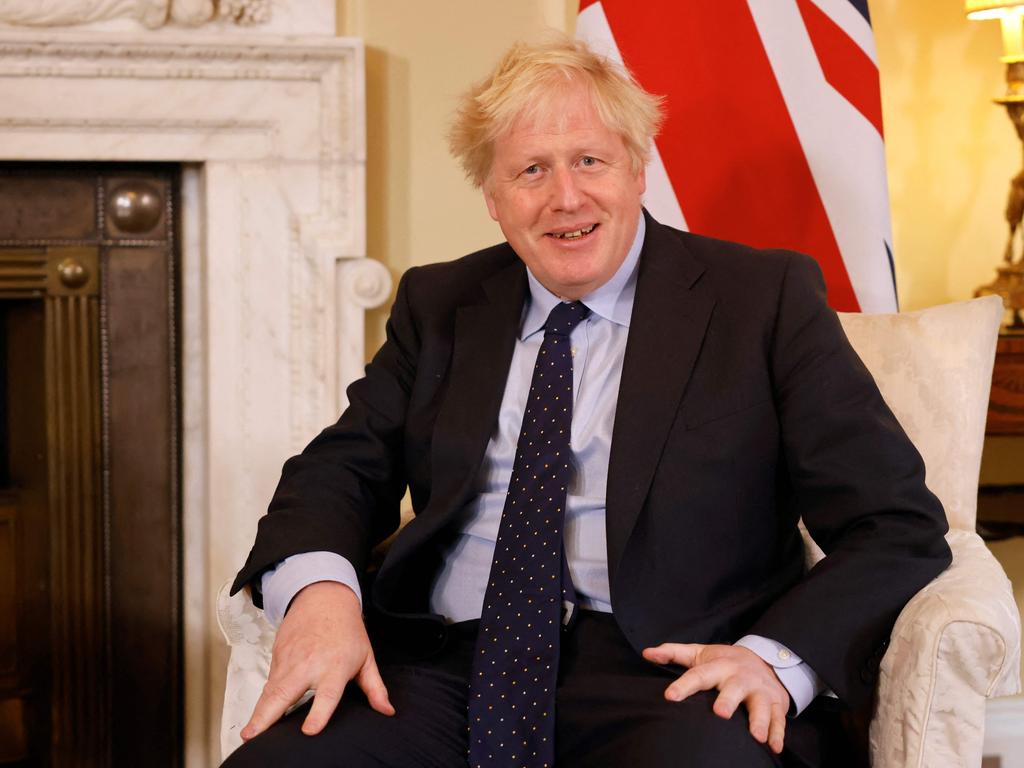
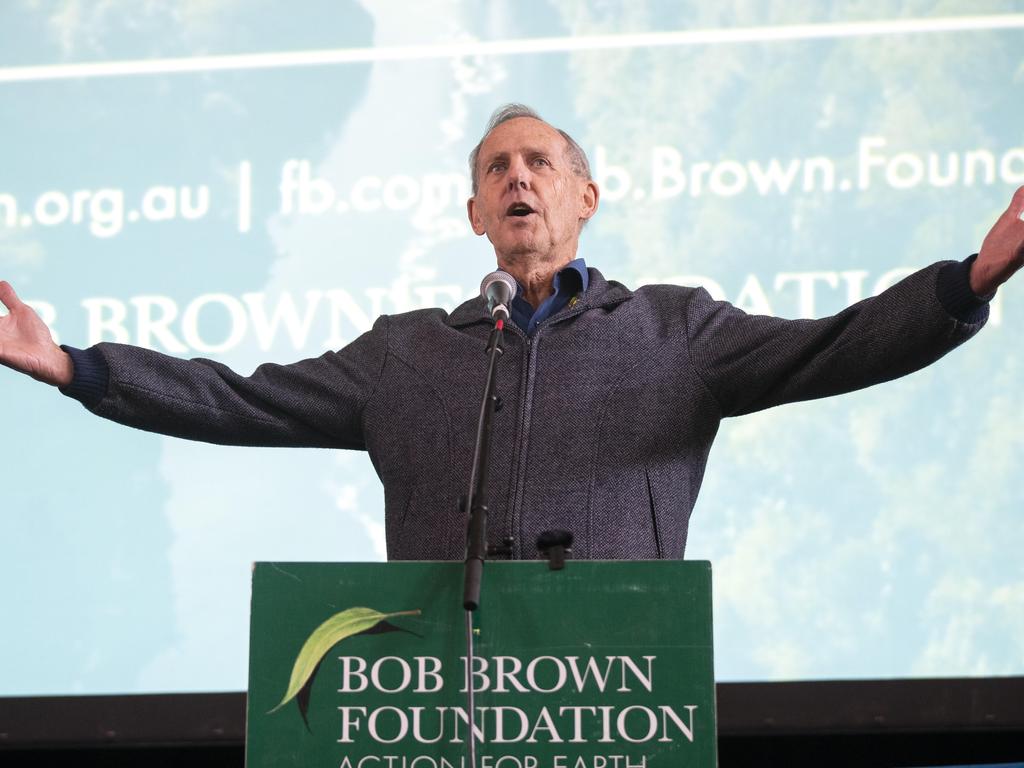



To join the conversation, please log in. Don't have an account? Register
Join the conversation, you are commenting as Logout